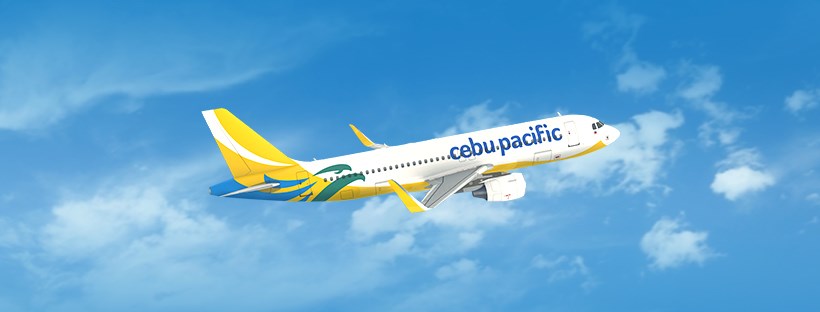
Spanish Vacationer Areas Get Prepared for Cancellations
The rise in COVID-19 cases, the uncertainty about the new restrictions both in the country and in the main tourism markets, has triggered a wave of cancellations and a drop in demand in the main Spanish tourist regions, particularly the Balearic Islands, as the British government has moved to the islands Amber list set.
Last week, the Netherlands also joined the list of countries fearing the recent spike in coronavirus cases in Spain, removing the Canary Islands and the Balearic Islands from their list of safe travel destinations. Now the whole country is downgraded to amber which means that The UK traffic light system discourages citizens from traveling to Spain and those who are not vaccinated will need a negative COVID-19 test upon return.
In 2019, the Netherlands was the fifth largest tourism market after Spain with 3.7 million Dutch visitors. Although this market is not as important to Spanish tourism as the UK, the Dutch government’s decision comes at an inopportune time.
In the Balearic Islands, even hoteliers fear an earlier departure of British visitors, as the switch from green to yellow (which will come into effect on Monday 19) means they will have to be quarantined on return.
In Catalonia, the regions hardest hit by recent cancellations are Costa Dorada (Tarragona) and Maresme (Barcelona), while the Costa Brava has not reported any cancellations for the time being.
Demand is falling in the Valencian community, especially from international visitors. However, hoteliers on the Costa del Sol are starting to see “some recovery” in the industry.
Balearic Islands, early departure of British visitors
The Mallorca Hotel Business Association (FEHM) believes that switching the Balearic Islands from green to amber in the UK’s Safe Destination List will mean “a decrease in reservations, cancellations and possible early departures”.
Maria Frontera, President of the Balearic Islands Hotel Association, predicted reservations will be canceled and some of the Brits currently visiting the islands will leave earlier than expected if “they cannot afford to be quarantined on return” .
Catalonia: Costa Dorada and Maresme also affected
In Catalonia, the industry is reporting a slowdown in reservations for destinations heavily dependent on international tourism, mainly in regions such as Costa Dorada and Maresme.
75% of the hotels on the Costa Dorada were open in the first half of July, but with very little occupancy (approx. 40%), and the trend is rising on weekends.
The spokesman for the Association for Hospitality and Tourism in Tarragona, Xavier Guardià, told the Spanish news agency EFE that hotel occupancy on the Costa Dorada was low in July and said this was due to the warnings “do not travel”, especially in France France to Catalonia because of the increase in coronavirus cases.
This year, hoteliers in Tarragona expect 60% of the turnover for a normal year compared to 30% last year. So you hope that August, September and October “went well”.
In Maresme, the impact on the hotel industry was greater. Since the travel warnings from Germany and France, there has been a “wave of cancellations”. Currently, the hotel occupancy in some establishments is not even 10%, as most of the customers are foreigners.
Jordi Noguera, president of the Maresme Hotel Association, told EFE that their expectations have not been met and are not looking cheap, although they are confident that the numbers will be a little better in August and that the holiday season will be postponed until October “to try one very painful season to recover. “
In other regions, such as the Costa Brava, the situation is very different and reservations are not as affected, although they continue to report last-minute reserves, said Judith Lloberol, head of the Hospitality and Tourism Entrepreneurs Association of the Costa Brava center.
In the first half of July, the Costa Brava was between 60 and 70% occupied, on the weekends it was 90 to 100%.
The French market, which makes up 40 to 50% of Costa Brava tourists, visits Catalonia year round, Lloberol says, although she agrees that “it isn’t busy on weekdays”.
Valencian Community without foreigners
The Hotel and Tourism Association of the Valencian Community (HOSBEC) states that it does not have exact reservation dates, but assures that travel restrictions from both European and domestic countries are not conducive to the recovery of international markets.
At the moment, international tourists in the Valencian Community barely reach 10% of the total and hotels do not report reservations, but rather more cancellations every day.
The only area of the municipality where up to 30% foreigners are registered is the city of Valencia according to the latest hotel occupancy data.
However, the high season of campsites for European tourists is September and October, so it is premature to make any predictions.
Andalusia: Better prospects for the region
The president of the Costa del Sol hotel business association, José Luque, says the surge in COVID-19 cases and travel warnings from France and Germany have “practically not affected” the number of reservations during the high season.
In fact, the association is reporting “some recovery,” with facilities reporting an increase in reservations in the second week of July and August, and average occupancy rates being 58% and 62%, respectively.
In the area of vacation rentals, the restrictions have not yet led to cancellations, Carlos Pérez-Lanzac, President of the Andalusian Tourism Association (AVVA), told EFE.
AVVA highlights the recovery of this type of accommodation, where occupancy is expected to be 65% (up from 57% in 2020), with a significant increase in demand for beach and rural areas.




